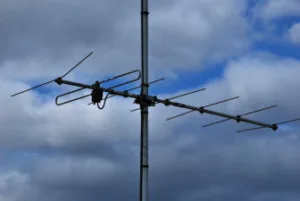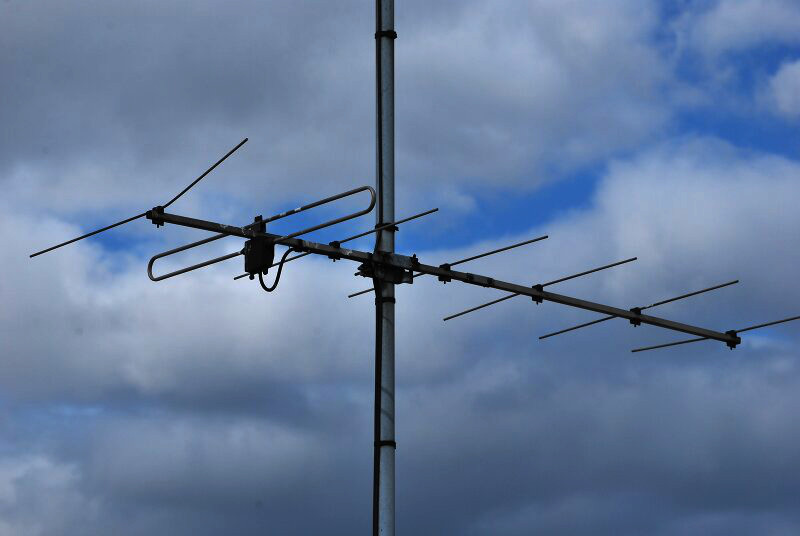What They Say
AdvancedTV reports that the European Commission has agreed with the EBU that the way that UHF spectrum is allocated in Europe should not be changed. Although there are a wide range of views, a study found, there is no consensus on how it might change.
According to the study conclusions, there has been good progress in adopting newer standards and technologies in the EU. Notably:
- approximately 60% of all national multiplexes are already using the most advanced transmission standard (DVB-T2) with around 40% of them using the most advanced encoding standard (HEVC)
- at least 12 MS are already using Single Frequency Networks (SFNs) to some extent in their DTT networks
However, in some countries there is a low uptake of DTT which limits the viability of upgrade investments. The blog said that
“Significant differences exist among Member States as regards the predominant platform for watching linear TV, for example while DTT is preferred platform in Italy and Spain, cable is in Belgium and Denmark and IPTV in France and Slovenia”.
What We Think
It’s a while since I dug deep into this topic. Still, broadcasters (especially national broadcasters represented by the EBU) will be relieved that the EBU view has prevailed. The Commission has not always been seen to be on the side of industry. Mobile operators and those that might have wanted to see some more spectrum sales will, no doubt, be disappointed. (BR)


